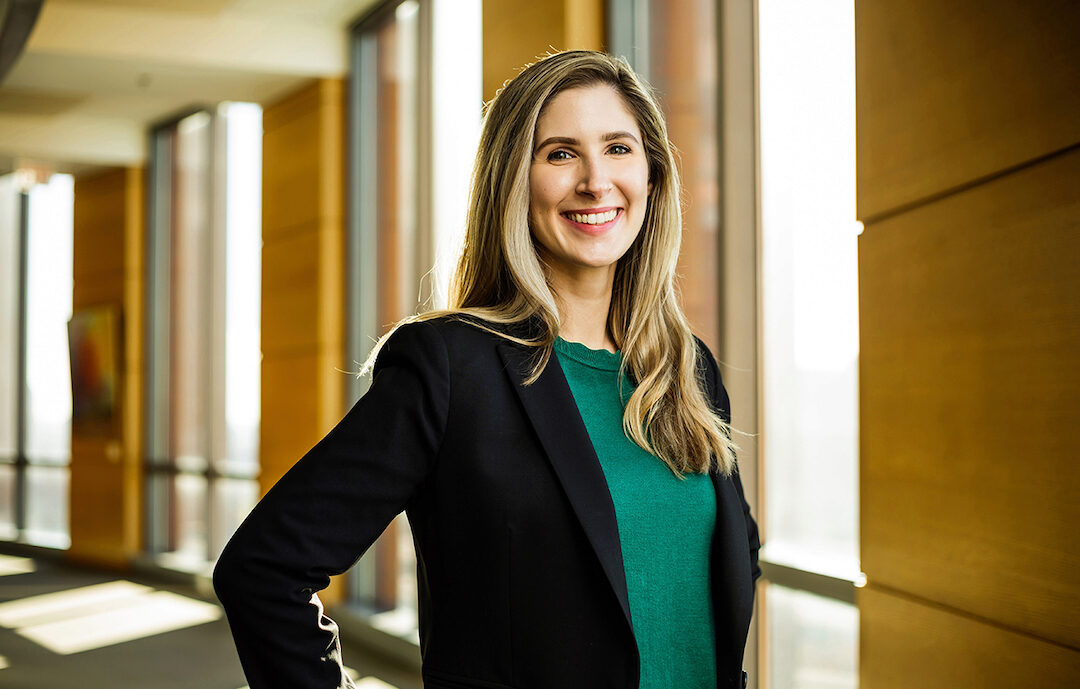Over the past year, the Discoveries blog has hosted exclusive interviews with Wharton’s leading finance faculty. These insightful conversations highlight key insights and research shaping the finance industry, many of these projects having been supported by Wharton’s finance research centers. Topics include the nature of growth stocks, international USD holdings, and AI-powered collusion in financial markets.
Revisit some of the most impactful research and thought leadership showcased on Discoveries below, that lead the way into the future of finance.

The “Growth Stock” Misnomer
Sean Myers’ award-winning paper explores why stock prices vary so much between companies, challenging the common belief that high price-to-earnings (P/E) ratios indicate higher future earnings growth. His research reveals that companies with higher P/E ratios don’t necessarily have higher earnings growth but tend to have lower long-term returns, impacting how investors should assess stock value.

Foreign Investors and their USD Holdings
Over the past two decades, foreign investors have increased their holdings of USD securities – but by how much? Amy Wang Huber gets to the bottom of dollar asset holding and hedging around the globe in her 2023 paper. In this enlightening interview, Assistant Professor Huber discusses her findings and what they mean for the financial community.

How U.S. Workers are Impacted by International Taxation
There is a belief among policymakers that a lower foreign tax burden of domestic multinational firms will result in more jobs and increased wages at home. Daniel Garrett challenges this belief in his 2024 paper, “Effects of International Tax Provisions on Domestic Labor Markets.” Professor Garrett discusses his paper’s findings and how the designs of international tax systems affect domestic workers.

How Expanding Medicaid Impacts Household Debt
Sasha Indarte investigates how the expansion of social insurance affects households’ accumulation of debt, in her 2023 paper co-authored with Wharton Professor Gideon Bornstein. In this insightful interview, Professor Indarte dives into these findings and discusses their importance in the larger conversation around the economic resilience of households.

AI-Powered Collusion in Financial Markets
The use of artificial intelligence in capital markets is becoming more widespread due to its perceived ability to enhance efficiency. But a recent study by Itay Goldstein and Winston Wei Dou demonstrates the ever-present risk of AI-powered market manipulation through collusive trading – despite AI having no intention of collusion.

The Impact of “Mortgage Lock-In” on Homebuyers
During the pandemic, historically low interest rates offered a unique opportunity for prospective homeowners. However, research by Lu Liu suggests that locking in those low rates may have had unintended consequences. Professor Liu expands on the economic impact of mortgage lock-in.

“Carbon Burden” and Firms’ Value to Society
How much of a firm’s value to society is hidden by traditional financial metrics? In this interview, Professors Robert Stambaugh and Luke Taylor dive into their study, “Carbon Burden,” which is part of the Jacobs Levy Center’s working paper series.


